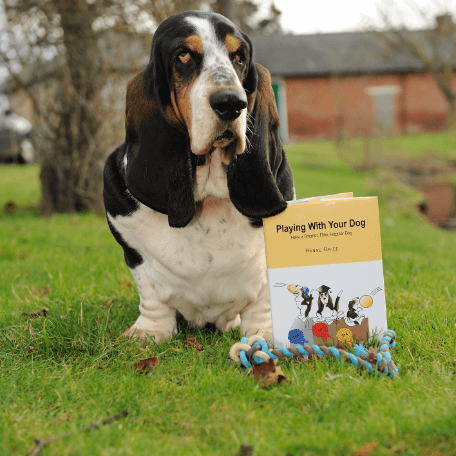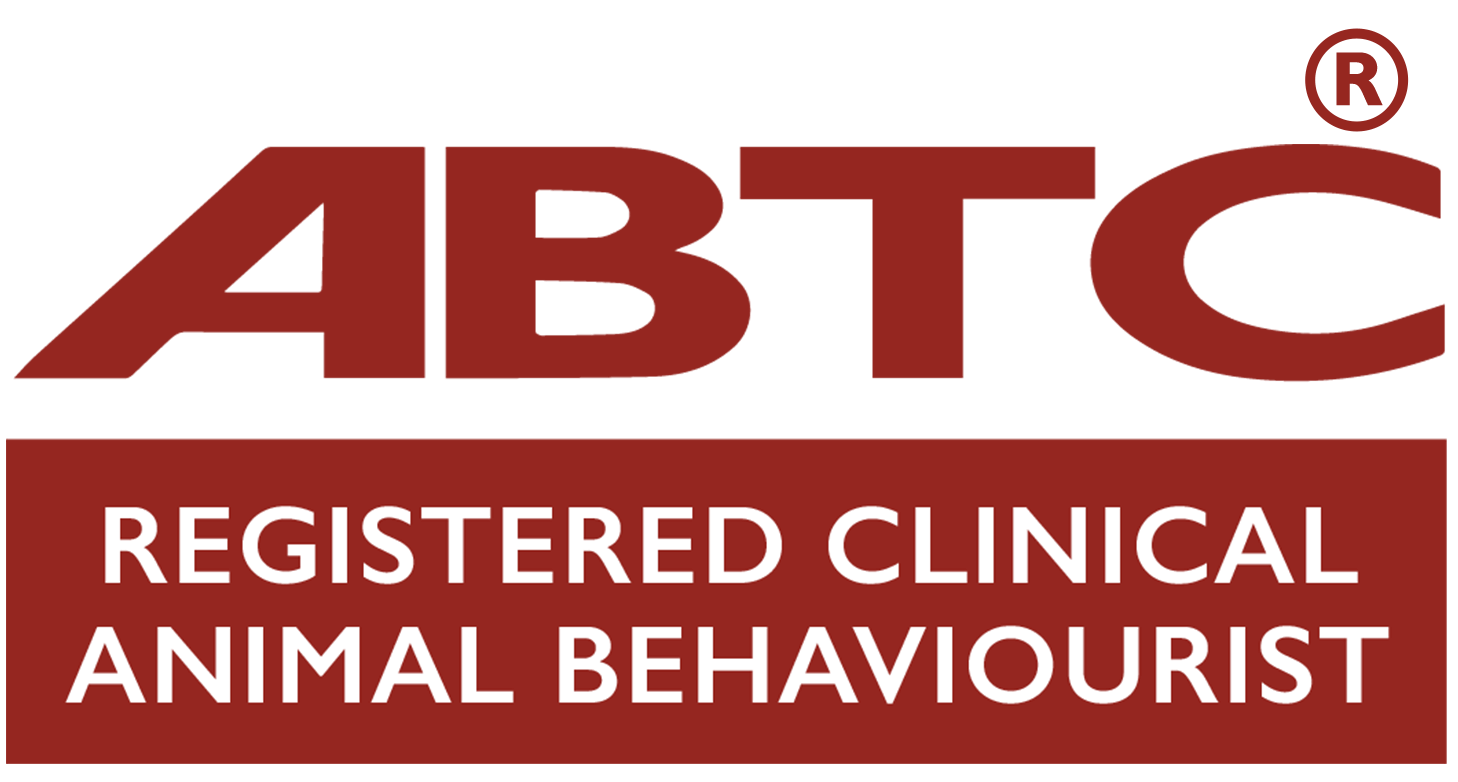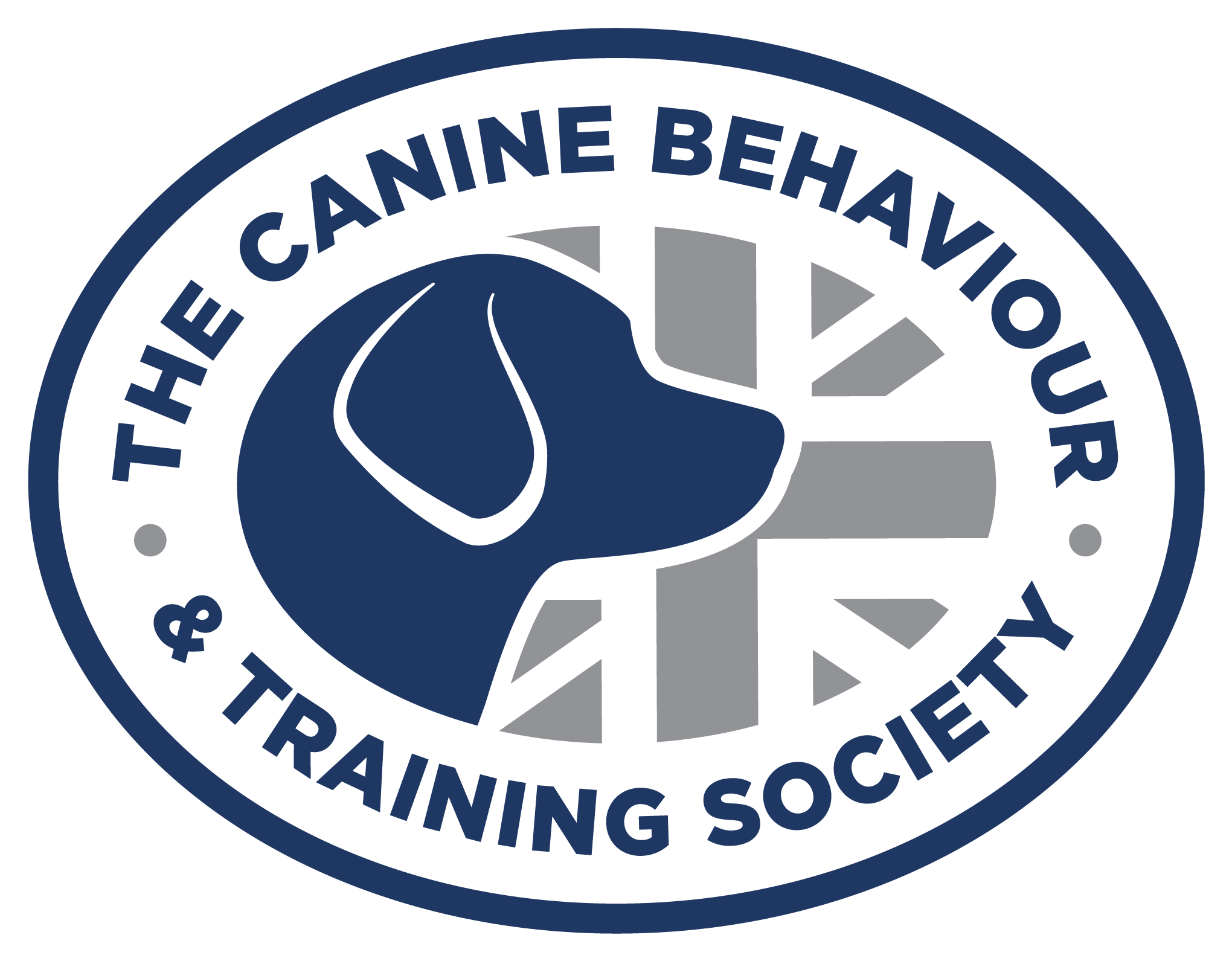Numerous studies suggest dogs can improve physiological and psychological health in adults and even enhance cognitive development in infants (Hurley et al., 2010). Consequently, our four-legged friends are now frequently used in therapy to provide emotional support, whether that’s during Court trials or airline travel. A new study has now found that being around dogs can also improve the executive function (e.g. the frontal lobe area of the brain that helps with managing time, focus, planning and multi-tasking etc) and cognitive ability of University students who are at risk of stress and academic failure.
The study involved over 300 undergraduates having weekly hour-long sessions with dogs brought to Washington State University by professional handlers. The researchers recorded students’ attitudes and noted the sessions helped improve their concentration levels, ability to learn and remember information. Furthermore, students rated as most at risk of academic stress, such as those with mental health issues, showed the greatest benefit from these ‘soothing sessions’.
Although we tend to think that animal-assisted interactions (AAI) are a fairly recent venture, in fact John Locke (1699) advocated giving children animals to develop feelings and responsibility. In the late 18th Century the York Retreat (1796) was established by the Quakers as a rejection to the asylums that were common in this era. People were treated as people, receiving personal treatment and attention, and occupational therapy included working with animals on the farm as it was recognised this social environment was beneficial. Furthermore, Florence Nightingale (1880) would carry a bird in a cage during her rounds to provide comfort and a source of interest for patients in bed.
The United States is leading the way currently with AAI, having around 1,000 campuses using pets for therapy. However, the U.K. is following suit with several Universities and colleges, including Buckingham, UCL, Cambridge and London Metropolitan, utilising dogs. These latest findings highlight the vital role pets can play in reducing the likelihood of students ‘dropping out’ when feeling under pressure.
References
Hurley, K.B., Kovack-Lesh, K.A., Oakes, L.M., 2010. The influence of pets on infants’ processing of cat and dog images. Infant Behav Dev. 33(4), 619-628. https://doi. 10.1016/j.infbeh.2010.07.015.
Pendry P. et al. Randomized controlled trial examining effects of varying levels of Human Canine Interaction and risk status on college students executive function. Abstract on file.
Learn more about our classes

Get Hanne's Book
Playing With Your Dog will help any dog owner work out the games that are best suited for their pet to play throughout his life, from puppyhood to old age. The book also shares some tricks for all ages, group activities, and recommended toys that dogs will enjoy.

























